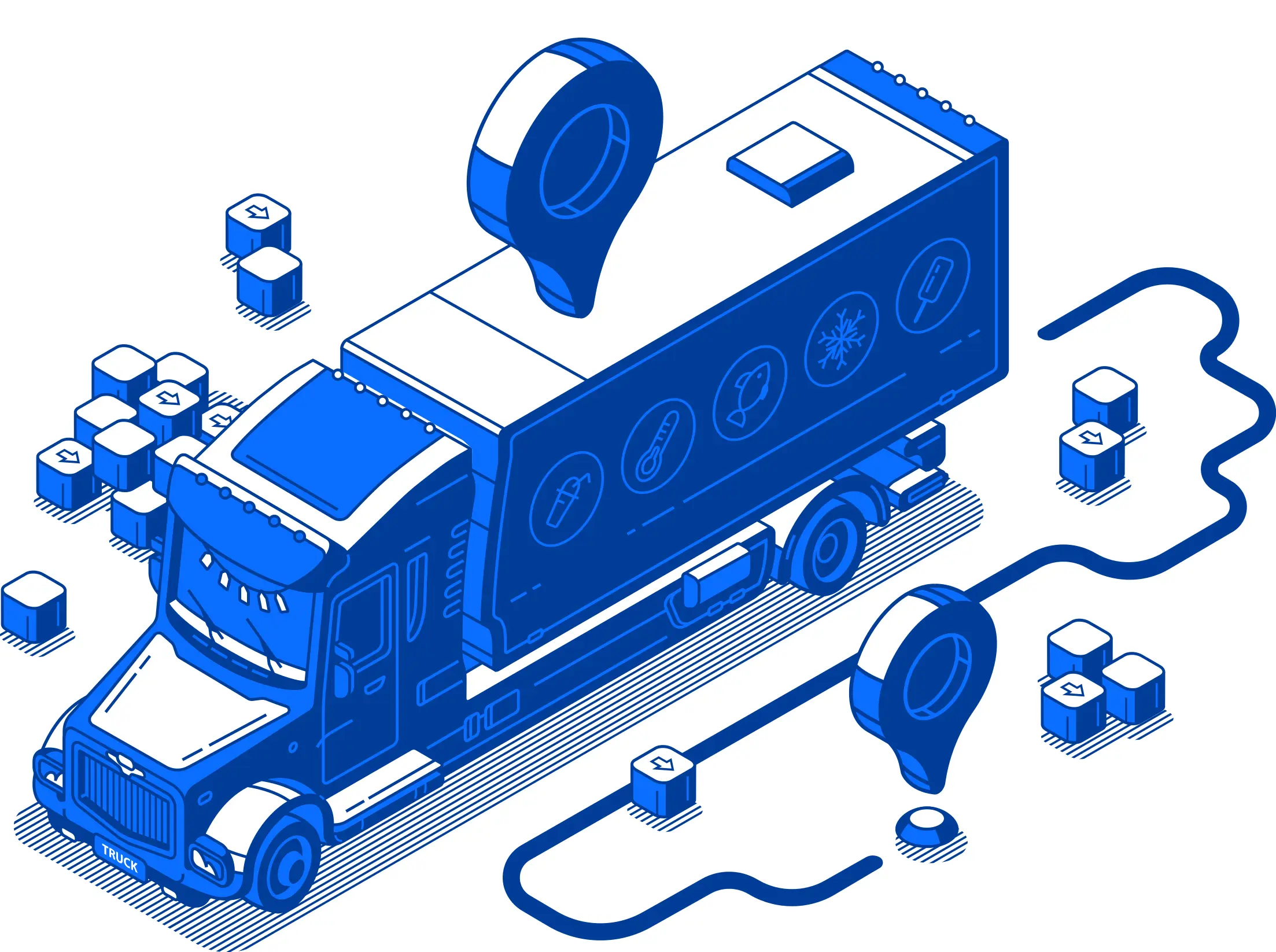If you go back to a year ago, predictions were that the federal rate cuts would start in early 2024 and that a total of three rate cuts would take place. It hasn’t happened. Inflation remains high, so rates haven’t changed. The latest prediction is that the first cut may happen at the end of July, but we’ve all heard that before. Experts think only one rate cut will happen this year, and it may take a while.
Higher interest rates have strained everyone in the trucking industry. Most recently, one of the nation’s largest manufacturers of commercial truck parts was downgraded by S&P Global Ratings and states to be at risk of default. It’s not the only one as we’ve all seen several large trucking companies close their doors in the past year.
Add natural disasters and severe weather to the mix, and it’s proving to be just as challenging. Hurricane Beryl just broke records as the earliest category 4 hurricane on record, and Beryl’s path took it from Texas all the way up through Vermont, New Hampshire, and Maine where flooding washed out roadways across Northern New England making it hard for drivers to get to their destinations.
With the trucking industry still experiencing a lot of turbulence, how can trucking company owners navigate supply chain disruptions? Saint John Capital has some tips.
What Is Causing Supply Chain Disruptions in 2024?
It’s been turbulent for several years now. What is behind the supply chain disruptions?
There are different factors to consider. Several started with the pandemic. While then-president Trump stated the coronavirus would be gone by Easter as the weather warmed up, it didn’t happen like that. The pandemic went on much longer. Shutdowns, increases in online orders with shipments to home, and plummeting and then rapidly increasing fuel prices based on supply and demand all impacted the trucking industry.
Add in the weather. In 2023, weather and climate disasters shattered the previous record of 22 in one year. With 28 weather and climate issues leading to close to $100 billion in damages and losses, it was a tough year to try to get from Point A to Point B as these events damaged the infrastructure.
There are also labor shortages still prevailing. The American Trucking Association projects a shortage of more than 100,000 drivers in the next four years. The average age of retirement is 46 years, and the average age of new truck drivers is 35.
Younger adults aren’t jumping to fill empty slots due to the cost and time invested when it comes to getting a CDL. If a younger worker can get the training paid for by the hiring company, it’s ideal, but not every trucking company does this. Plus, some workers want to be close to home with their friends and family members. They don’t want to be away for days or weeks.
Worse is that when there are new drivers with a CDL, some companies refuse to hire them without years of experience or unless they’re over 21, which creates a gap between high school and being able to find work. This is driving potential talent away from the industry. If you go to Reddit trucking threads, there are dozens of new drivers who’ve been unable to find work.
Circling back to the pandemic, COVID deaths currently stand at over 1.196 million. The majority of those deaths are among people 50 or older, but those between the ages of 30 and 49 have also seen thousands of deaths from COVID. It’s helped people realize that time is valuable, and some are looking for careers that provide them with more time with family and friends. Trucking isn’t always a good fit.
Fuel costs, rising insurance rates, higher rates for credit cards and business loans, and changing local, state, and federal laws also impact the trucking industry. It all plays a role in companies staying afloat and staying in business.
Getting paid quickly is the best way to keep up with bills and avoid late payment fees and higher interest rates. However, brokers and shippers don’t always pay as quickly as you want. One late payment can impact your business credit score and drive up rates even more, which becomes a headache you don’t need.
Navigate the Changes With a Freight Factoring in Partnership
Have you considered setting up freight factoring with a trusted partner? Freight factoring is a service where you sell your invoices at a discounted rate in exchange for immediate payment. You no longer have to create invoices, mail or email them to your clients, and wait for payment to arrive. You don’t have to spend hours on the phone asking where payments are and why they’re late.
Freight factoring arrangements are a great way to have a steady cash flow for bills, insurance, fuel, truck maintenance, and other operating expenses, but there are things to know about them.
First, there are two types of factoring arrangements. You have non-recourse and recourse. Recourse arrangements have the lowest fees, but if your client fails to pay an invoice, you have to repay the money you received in advance. Non-recourse protects you from a company suddenly shutting down or filing bankruptcy.
Second, some freight factoring companies require you to submit every job you complete. This is an important question to ask. If you have trusted clients you know are solid and will pay on time, you shouldn’t have to factor those invoices. You should be able to invoice them as you always have. Make sure you’re not obligated to send every bill of lading you have.
Third, ask about the services that are available in addition to your factoring arrangement. If you can get other services like load-finding job boards, fuel discounts, and free business credit checks, it makes it much easier to handle day-to-day routines while saving money.
Know the Challenges and Considerations When Looking at Freight Factoring
Any freight factoring agreement can have pros and cons, and you need to consider all of them. Some companies charge a fee if you do not haul a certain number of loads each month. When there are supply chain disruptions, you might not be able to get enough work to satisfy that quota. If there is one, what’s the penalty you face? Look for an agreement where you do not have to meet any quota.
Look into hidden fees. Your bank might charge for EFTs, or you may pay fees for each ATM transaction, and that adds up quickly.
One thing helps a lot in turbulent times. Get paid the same day or within a day or two with a freight factoring partnership. Instead of waiting months for a broker or shipper to pay you, Saint John Capital pays you the money you’re owed minus a minimal fee. You have funds in hand for gas, truck maintenance, and daily expenses, and we take over invoicing and chasing down payments from your clients.











